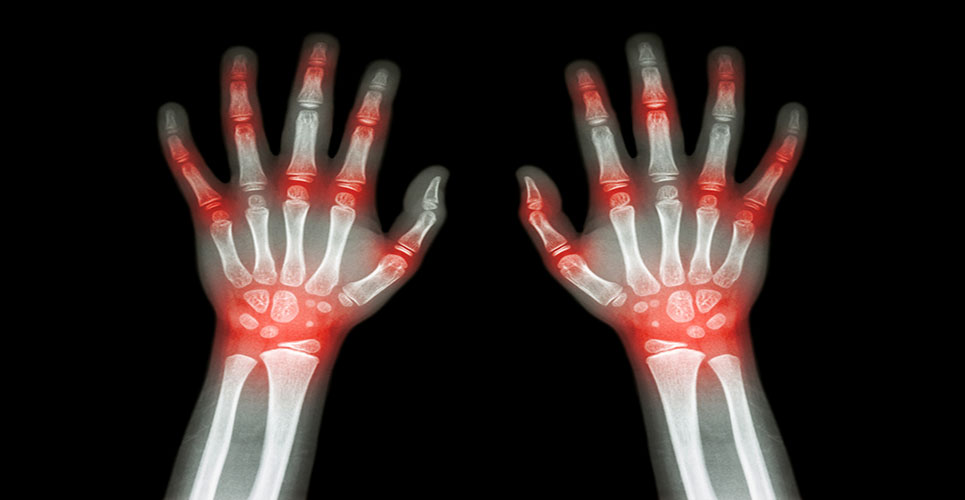teaser
UCB have announced that data from their two randomised controlled trials has shown that treatment with epratuzumab – a humanised anti-CD22 antibody – results in clinically meaningful reduced disease activity, improved health-related quality of life measurements and reduced reliance on corticosteroids, compared to placebo treatment in patients with active moderate and severe systemic lupus erythematosus (SLE).
The findings were presented at the American College of Rheumatology (ACR) annual meeting. Daniel J Wallace, lead study investigator, Clinical Professor of Medicine, David Geffen School of Medicine, UCLA said: “Given the debilitating effect lupus has on a patient’s quality of life, these results are encouraging. In these trial results, treatment with epratuzumab demonstrated clinically meaningful improvement in patients’ flares and significant decrease in steroid use, which is critical given their long-term adverse effects.”
In the combined studies, beginning at week four and continuing through week 48, the total BILAG score – a clinical measure of lupus disease activity – in both epratuzumab treatment arms remained lower than the placebo. Among study participants who completed all scheduled doses at week 12, 54% of epratuzumab 360mg/m2 patients showed a BILAG response, compared with 21% of placebo patients.
Additionally, epratuzumab treated patients achieved a sustained BILAG response sooner than placebo treated patients.
“While medical advances have improved the lives and survival of people with lupus, effective therapeutic options remain limited,” said Sandra C Raymond, President and Chief Executive Officer of the Lupus Foundation of America.
“It has been nearly five decades since a new treatment was approved for this devastating and life-altering disease, and current treatments are limited with adverse effects.
“Recent research efforts to find new treatments are encouraging for the millions of people around the world living with lupus.”
The study also evaluated the ability of epratuzumab to reduce corticosteroid (CS) use, or “steroid sparing” effects, in patients. At weeks 20-24, 75% of epratuzumab 360mg/m2 and 100% of epratuzumab 720mg/m2 patients achieved tapering of corticosteroids, compared to 57% of the placebo.
Epratuzumab patients used cumulatively less corticosteroids than placebo patients over 24 weeks.

